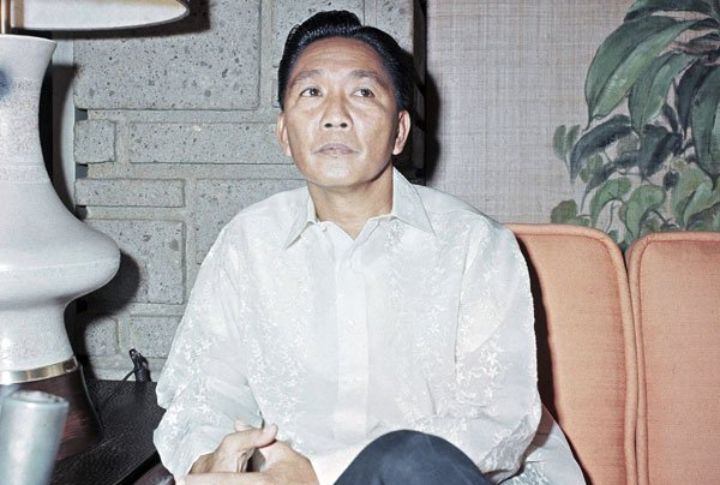
The fight for civil rights wasn’t won by a single moment or leader. It was shaped by individuals who defied injustice, often at great personal risk. Some took to the streets, others fought in courtrooms, and many paid the ultimate price. Here are 20 civil rights heroes who challenged the status quo and forced America to confront its own inequalities.
Martin Luther King Jr.
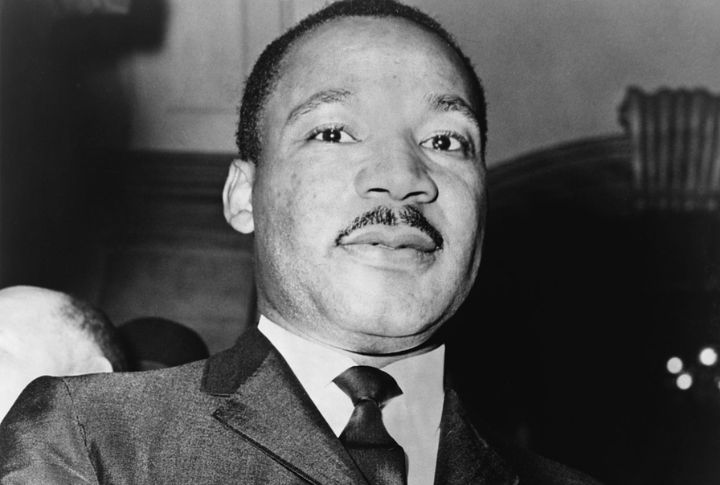
King Jr. served as the leading figure and moral compass of the civil rights movement. He spearheaded the Montgomery Bus Boycott and the March on Washington, advocating for nonviolent resistance as a powerful force for change. While his efforts were instrumental in shaping public support, the Civil Rights Act was ultimately enacted by Congress and President Johnson.
Rosa Parks
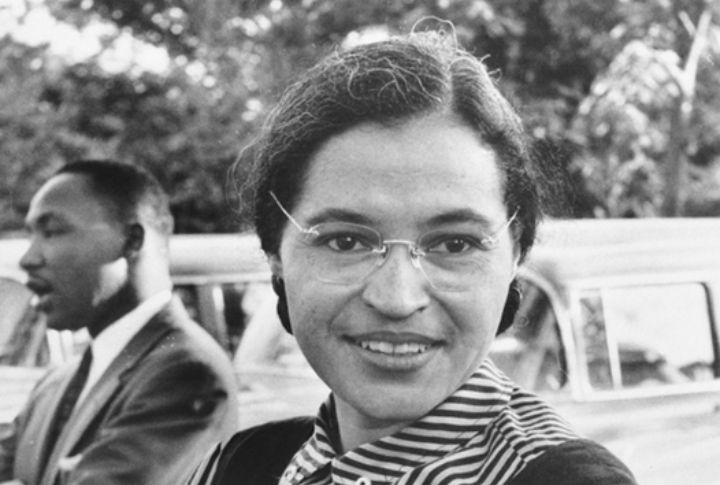
In 1955, when Rosa Parks denied to surrender her seat on a segregated bus, she ignited a movement. Her quiet defiance in Montgomery triggered a year-long boycott that crippled the transit system and led to the desegregation of public transportation. One simple act of defiance rewrote American history.
Thurgood Marshall
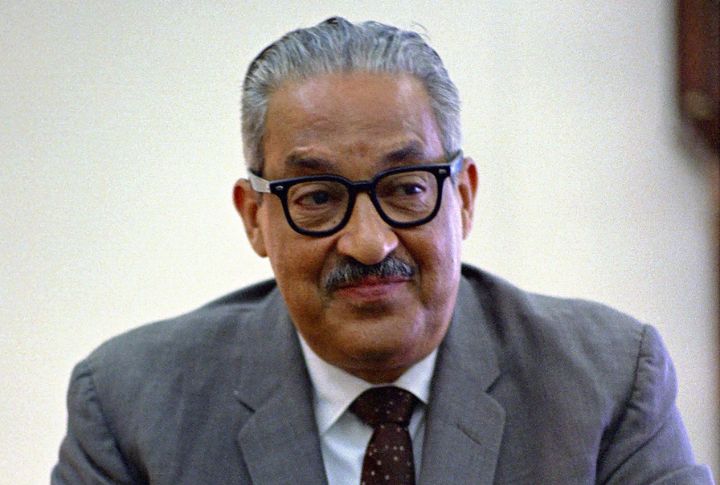
Before securing the seat of the first Black Supreme Court Justice, Thurgood Marshall was a legal powerhouse dismantling segregation. As an NAACP lawyer, he led the charge in Brown v. Board of Education, which ended school segregation. His unwavering pursuit of justice in the courtroom laid the groundwork for dismantling systemic racism at the highest legal level.
Ida B. Wells
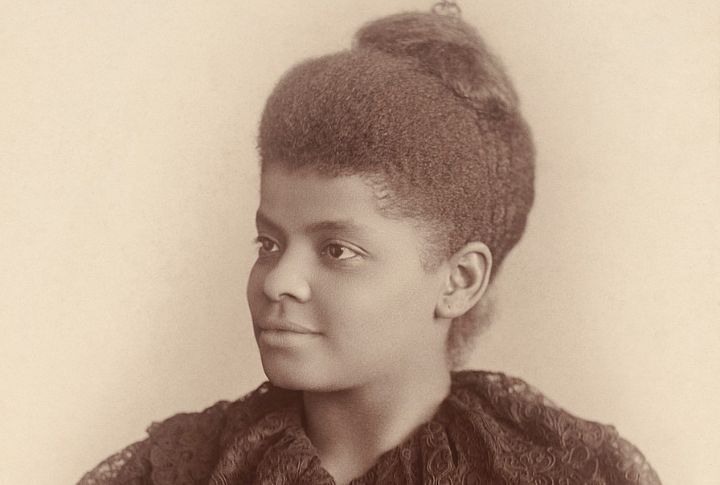
Long before the 1960s Civil Rights Movement, Ida B. Wells exposed racial injustice through journalism. Her investigative work and fearless activism challenged the country to face its violent, discriminatory practices. She even risked her life documenting the horrors of lynching in the late 1800s.
John Lewis
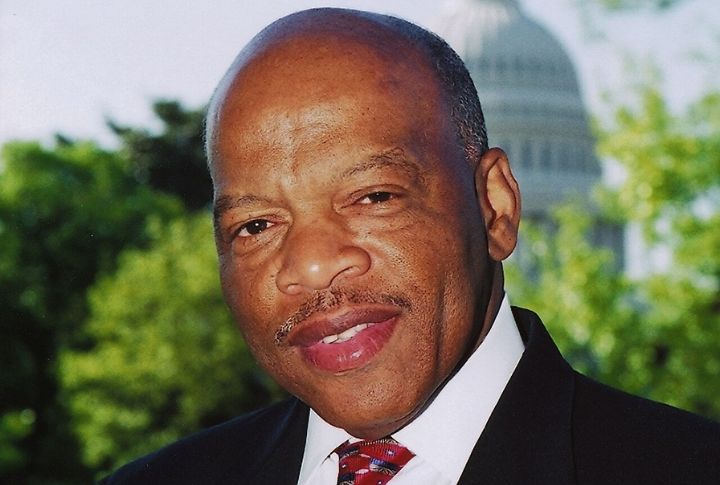
John Lewis was beaten, jailed, and nearly killed fighting for voting rights. At just 25 years old, he helped lead the Selma-to-Montgomery march, where protesters were brutally attacked. He later served in Congress for decades, continuing to push for equality and justice.
Stokely Carmichael
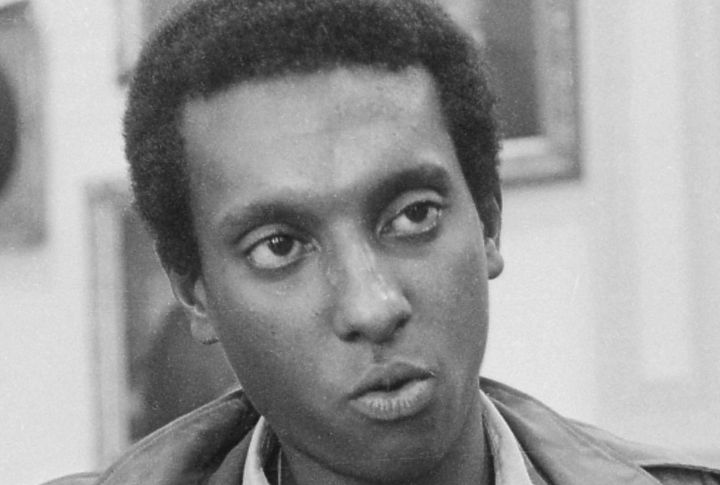
“Black Power” became a rallying cry thanks to Stokely Carmichael. As chairman of SNCC, he shifted its focus toward Black Power and rejected white participation. Though briefly the Black Panther Party’s “Honorary Prime Minister,” he was not its leader. Later, he moved to Guinea, adopted the name Kwame Ture, and focused on Pan-Africanism.
Ella Baker
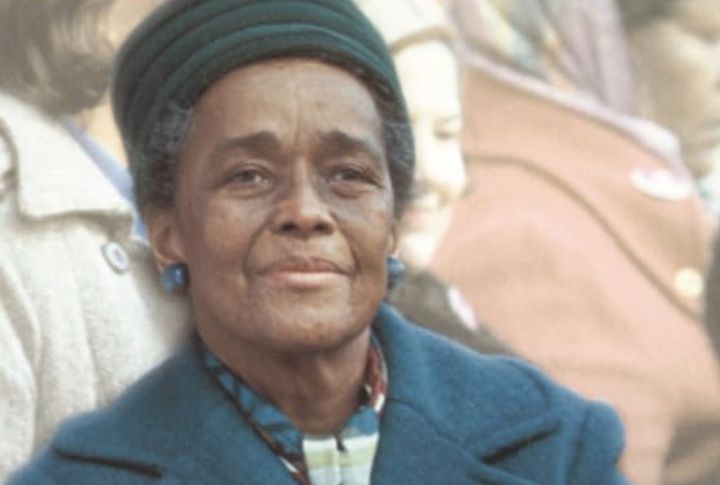
Ella Baker never sought the spotlight, but without her, the civil rights movement wouldn’t have had its strongest grassroots organizers. She empowered young activists in the Southern Christian Leadership Conference, the NAACP, and the Student Nonviolent Coordinating Committee, proving that true change starts from the ground up.
Cesar
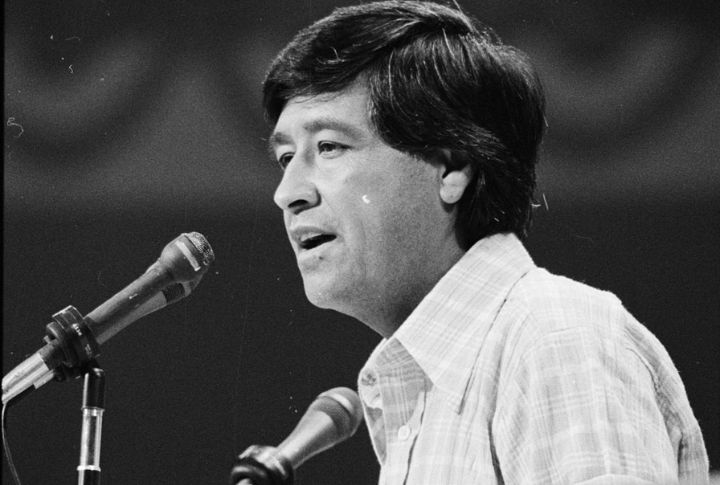
Civil rights were about labor as much as they were about race. Cesar Chavez co-founded the United Farm Workers, leading strikes and boycotts to demand better conditions for agricultural workers. His leadership brought national attention to the struggles of migrant laborers and helped secure better wages and protections.
Malcolm X
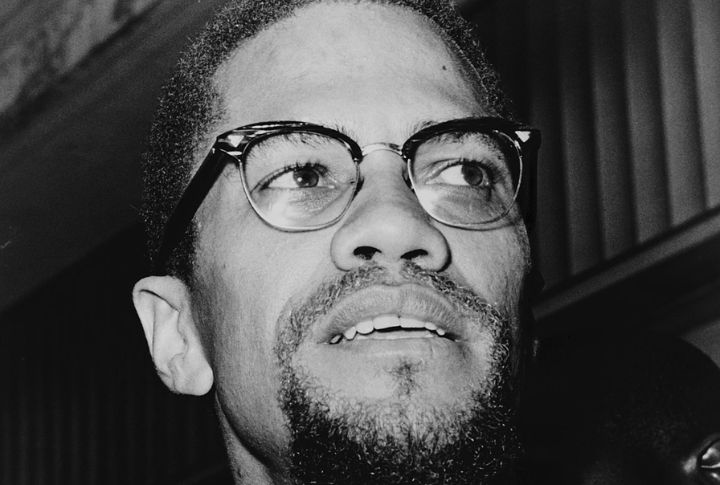
Malcolm X believed in taking charge, not just turning the other cheek. As a leader of the Nation of Islam, he preached Black empowerment and self-defense in the face of oppression. Though controversial, his message struck a chord with many. His later views evolved toward unity, but he was assassinated in 1965.
Fannie Lou Hamer
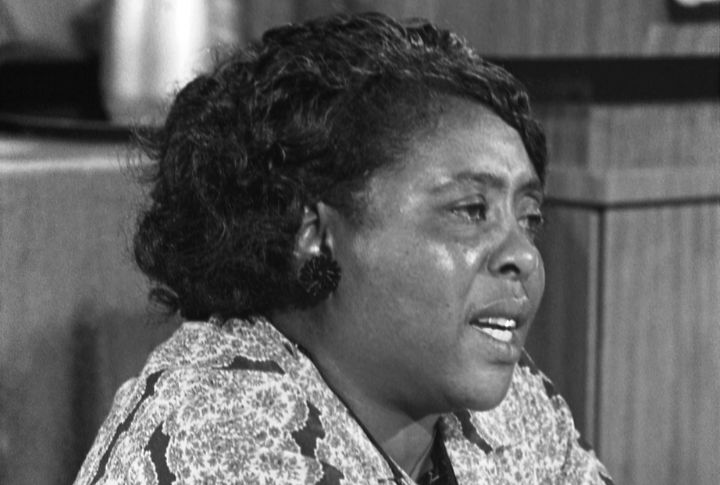
“Is this America?” Fannie Lou Hamer’s powerful speech at the 1964 Democratic National Convention exposed the brutal reality of racial discrimination in voting. A sharecropper turned activist, she was jailed and beaten for trying to register Black voters. Nonetheless, her relentless fight helped shape the Voting Rights Act of 1965.
Charles Hamilton Houston
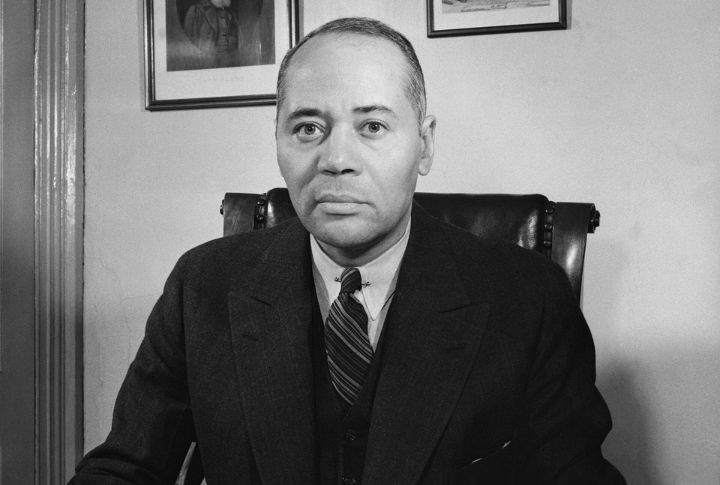
Without Charles Hamilton Houston, there might not have been Brown v. Board of Education. A brilliant legal mind, he trained Thurgood Marshall and laid the groundwork for dismantling Jim Crow laws. His strategy of chipping away at segregation through the courts proved to be among the most effective reformation tools.
Carter G. Woodson
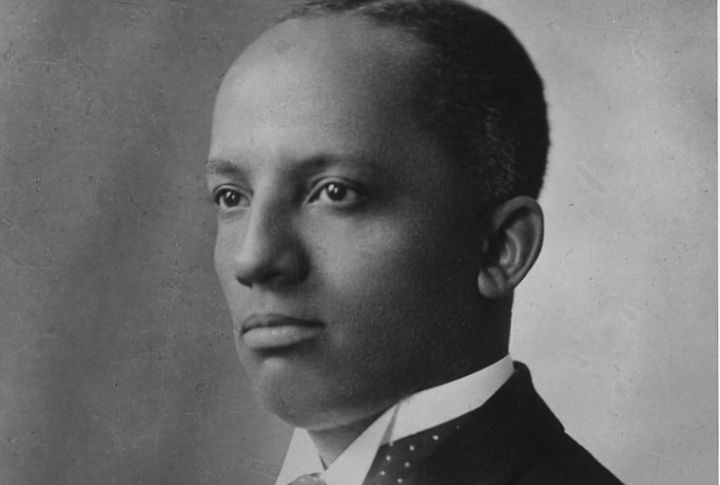
Black history wasn’t always taught in schools, but Carter G. Woodson changed that by founding what would become Black History Month. His research and writings highlighted the contributions of Black Americans, highlighting that their history was an essential part of the American story—not a footnote.
Russell Means
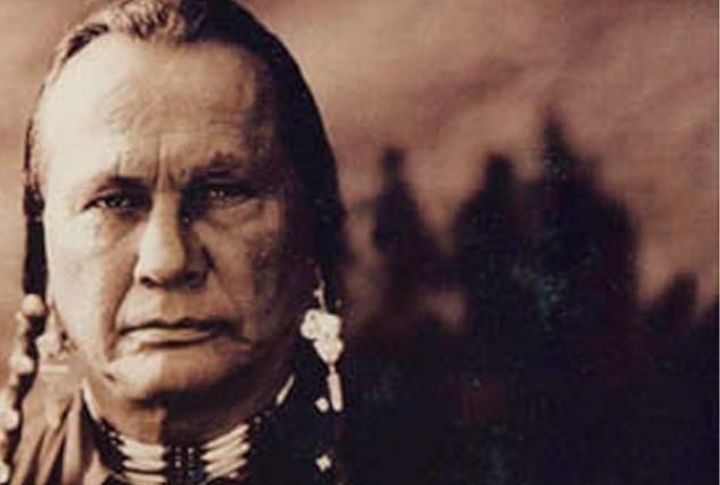
Russell Means fought for civil rights and Native sovereignty. As a leader of the American Indian Movement, he led protests that brought national attention to Native struggles, and this included the occupation of Wounded Knee in 1973. His activism helped push for better treatment of Indigenous communities.
Judy Heumann
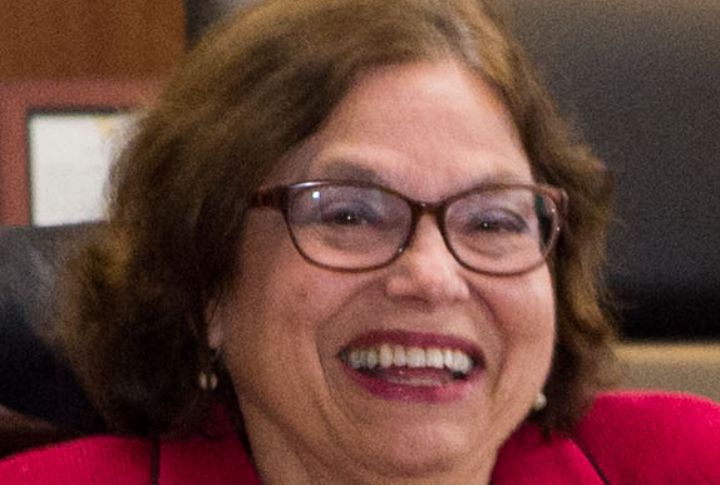
Back then, discrimination was beyond race, and so Judy Heumann fought tirelessly to scrape disability discrimination, helping pass the Americans with Disabilities Act in 1990. She led sit-ins and protests that forced the government to take action. This ensured that people with disabilities had legal protections against discrimination.
Ruby Bridges
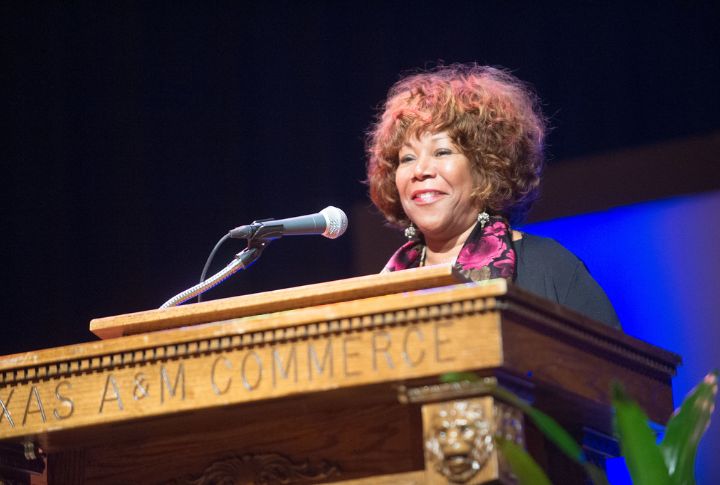
At just six years old, Ruby Bridges walked into an all-white school in Louisiana, surrounded by angry mobs. That was 1960; she was the first Black child to integrate an elementary school in the South. Her courage symbolized the fight for equal education and inspired future generations.
Fred Hampton
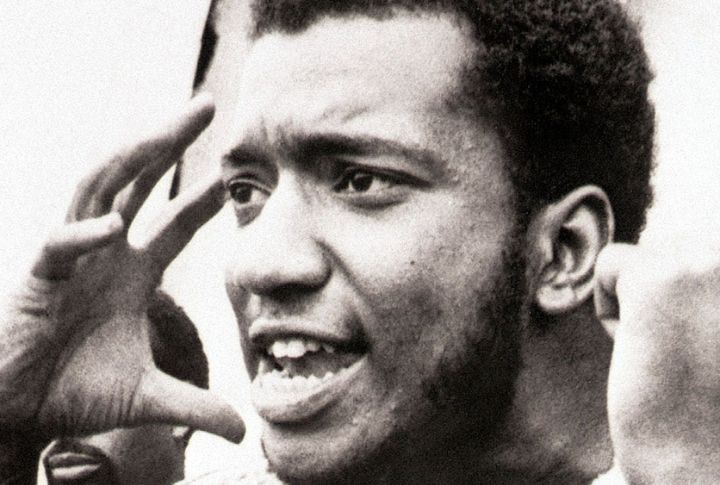
Fred Hampton was only 21 when he was killed by police, but his impact was huge. Unfortunately, his vision of unity across racial lines made him a target of law enforcement. Still, as chairman of the Black Panther Party in Chicago, he organized free meal programs, medical clinics, and community outreach.
James Baldwin
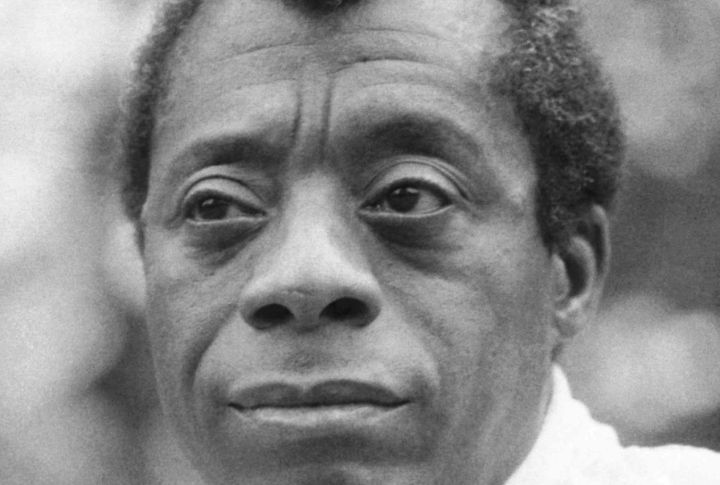
James Baldwin challenged America to confront all racial issues through his writings. His books and essays, like “The Fire Next Time,” exposed deep injustices. Through searing prose and powerful speeches, he became one of the most influential voices in both the civil rights and LGBTQ+ movements.
Dorothy Height
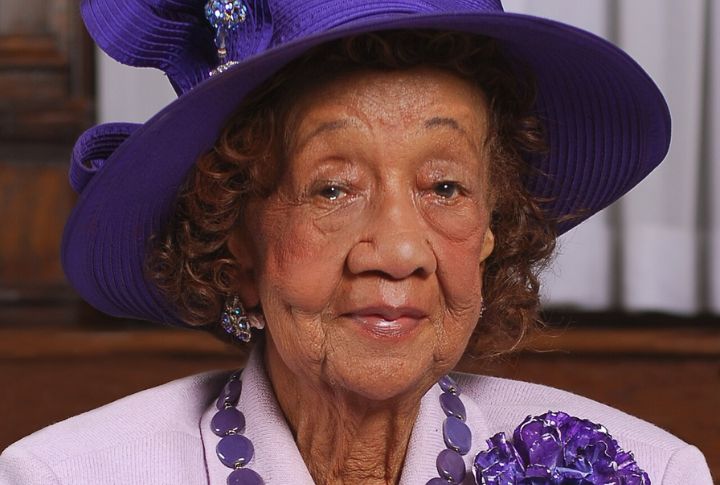
Dorothy Height was a driving force in both civil and women’s rights. When she was the president of the National Council of Negro Women, Height advocated for equal pay, voting rights, and education for Black women. Though she often worked behind the scenes, her influence was undeniable.
Bryan Stevenson
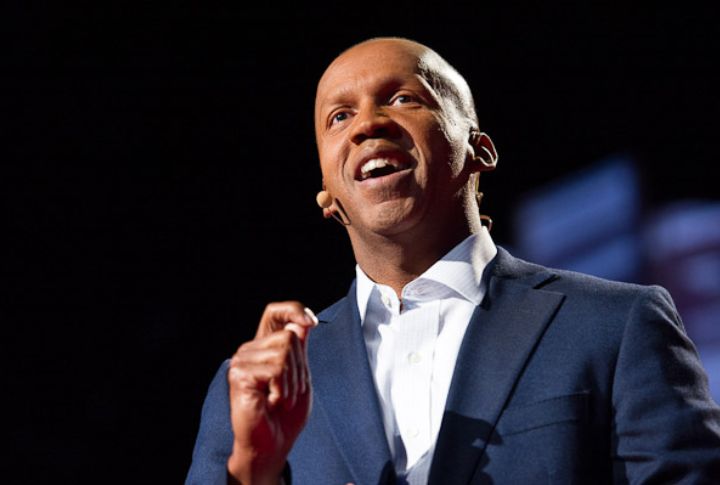
The squabble for civil rights in the 1960s was just the beginning, and Bryan Stevenson proved it. As the Equal Justice Initiative architect, he took on cases like wrongful convictions and mass incarceration in the legal system. His work secured freedom for death row inmates and exposed systemic injustice.
Marsha P. Johnson
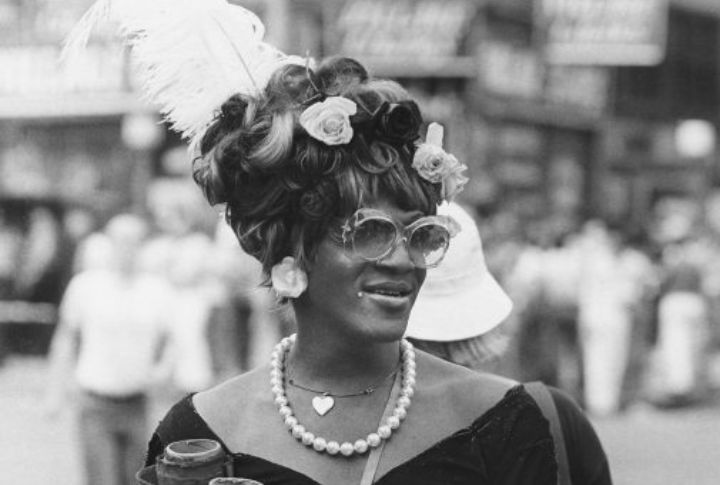
Marsha P. Johnson, a key personality in the Stonewall uprising, was active in the Gay Liberation Front and fought for transgender and homeless LGBTQ+ rights. Johnson’s activism in the 1960s and beyond helped her lay the foundation for today’s fight for transgender equality.

